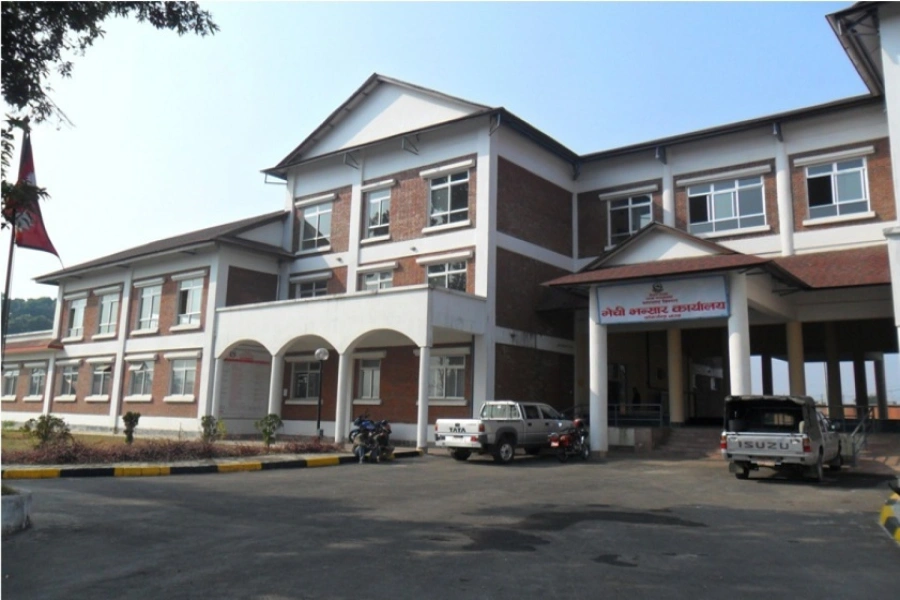KATHMANDU, Aug 27: There was huge optimism among people that the country was headed on the path of peace and stability after the formation of a new government with a near two-thirds majority in parliament. But such optimism has started to fade as people from different walks of life have started heating up the street again on a routine basis.
The government earned much applause after it took a bold step to eradicate the syndicates that plague Nepal’s public transport sector shortly after coming to office in March 2018. But the government’s failure to put paid to the syndicates once and for all has left the public feeling let down.
Since then, almost all major moves taken by the government have been drawing huge protests from not just ordinary people but also from civil society bodies, political parties, media and even constitutional bodies. Notable among these are protests against the Media Council Bill, the National Human Rights Council Bill and the Guthi Bill, the transitional justice shenanigans, the Advertisement Bill, amendments to public procurement rules and reservation quotas in the latest announcement of government vacancies.
Tens of thousands of people taking to the streets in support of media personality Rabi Lamichhane is seen by some as a spilling over of the same general frustration. Lamichane was arrested and subsequently released on bail in a case involving the suicide of journalist Shalikram Pudasaini.
Sujata Koirala charges govt with failure to deliver

Political observers and sociologists see a number of factors at play behind the worsening public mood.
Political scientist Prof Krishna Pokharel argues that failure by the government to ensure the participation of stakeholders in the making of new laws and policies is a major factor. “This is the age of governance, not the age of government. Government is only one of the players in the overall policy-making process. The discontent seen in the streets is the consequence of the government’s failure to include stakeholders in the loop while making policy,” he said.
Pokharel said the government has failed to take into confidence its own party stalwarts, let alone the main opposition party and others, in most decision making processes.
“Social media like Twitter and Facebook have meanwhile provided people the platforms to vent their frustrations. It has become so much easier for such protests to coalesce,” he further said.
Nepal passed through various ups and down before finally promulgating a new constitution through a duly elected Constituent Assembly (CA).
The bar was therefore higher for the government that came into office through elections under this new framework.
Experts place the blame squarely on the government for failing to make good on election promises. “There seems to be mass frustration. Ordinary people do not see any future. The political leadership has to show them a future and this is where it is sorely lacking,” Pokharel added.
In addition to all this, experts see an erosion in the credibility of state institutions, including the courts.







































